Menu
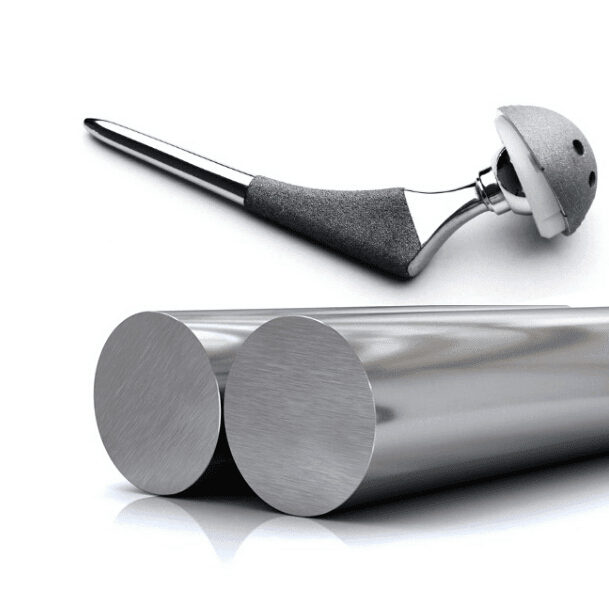
Material: Titanium Aluminum Vanadium Alloy,
Composition: Ti-6AL4V, Ti-6AL4VELI
Shape: Wire, Rod, Foil, Sheet, Plate, Tube, Pipe
Size: Fully Customized
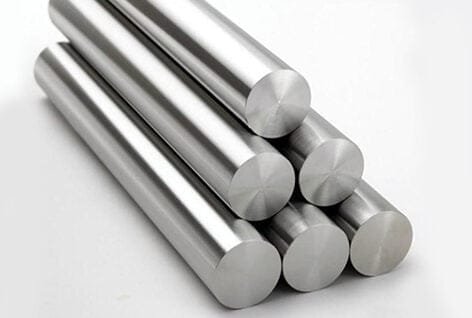
Material: Titanium, Ti
Purity: Ti>99.9%
Shape: Wire, Rod, Foil, Sheet, Plate, Tube, Pipe
Size: Fully Customized
Medical Grade Titanium refers to pure titanium or a type of titanium alloy specially designed for medical devices and implants. This is due to its biocompatibility, corrosion resistance, and high strength-to-weight ratio. Medical Grade Titanium has a wide range of applications in the medical industry, including orthopedic implants, dental implants, surgical and dental equipment, and cardiovascular implants. The most commonly used titanium alloy for medical-grade applications is Ti-6Al-4V, which stands for approximately 6% aluminum, 4% vanadium, and balance titanium. This alloy is also known as Grade 5 and Grade 23.
| Physical Properties | Tensile Strength | yield Strength | Elongation | Section Shrinkage |
|---|---|---|---|---|
| Unit | Mpa | Mpa | % | % |
| Ti-6AL4V | >930 | >860 | >10 | >25 |
| Ti-6AL4VELI | >860 | >795 | >10 | >25 |
| Grade | Al | V | Fe | C | N | H | O |
|---|---|---|---|---|---|---|---|
| Ti-6AL4V | 5.5-6.75 | 3.5-4.5 | 0.3 | 0.08 | 0.05 | 0.008 | 0.2 |
| Ti-6AL4VELI | 5.5-6.5 | 3.5-4.5 | 0.25 | 0.08 | 0.03 | 0.012 | 0.13 |
| Classification | Parts Name | Material | |
| Implant | Artificial hip joint | Stem, cup | Pure titanium round bar Titanium alloy round bar |
| Artificial hip joint | Pure titanium round bar Titanium alloy round bar | ||
| Fracture fixation | Plate, screw | Pure titanium round bar Titanium alloy round bar Titanium alloy wire rod | |
| Artificial heart | Housing, case | Pure titanium round bar | |
| Artificial heart valve | Frame | Titanium alloy round bar | |
| Density | Artificial dental root | Titanium alloy round bar | |
| Jig | Handpiece | Pure titanium round bar | |
| Dentition fixation | Splint | ||
| Surgery | Cerebral aneurysm | Clip | Titanium alloy round bar |
| Brace | Titanium alloy round bar | ||
| Catheter guide wire | Ni-Ti alloy wire | ||
| Fracture surgery | Bolts | Pure titanium wire rod | |
| Body Sup. | Parts for artificial arms/hands/legs | Titanium investment-castings | |
Some common applications of Medical Grade Titanium include:
MetalsTek Engineering is a leading provider of medical-grade titanium plates and bars. Our titanium products are meticulously manufactured to meet the highest quality standards, ensuring they are safe and reliable for medical applications. Our medical-grade titanium’s superior corrosion resistance and strength make it an excellent choice for use in various medical devices and implants. Whether you are looking for titanium plates or bars for orthopedic implants, dental implants, or other medical applications, MetalsTek Engineering has the expertise and experience to provide you with the high-quality products you need.
Our Medical Grade Titanium products are clearly tagged and labeled externally to ensure efficient identification and quality control. Great care is taken to avoid any damage which might be caused during storage or transportation.
Medical grade titanium, often hailed as a wonder metal, is revolutionizing the world of healthcare. This lightweight, corrosion-resistant material has become an indispensable choice in various medical applications, offering a wide range of advantages that are unmatched by other materials. From surgical implants to medical devices, medical grade titanium continues to impress with its remarkable applications and unmatched performance.
One of the key advantages of medical grade titanium lies in its biocompatibility. It seamlessly integrates with the human body, reducing the risk of rejection or allergic reactions. This makes it ideal for implants such as joint replacements, dental implants, and spinal fusion devices. Furthermore, the strength and durability of titanium ensure long-term functionality and reduced risk of complications.
Another noteworthy feature of medical grade titanium is its resistance to corrosion. Unlike other metals, titanium does not rust or degrade over time, making it suitable for long-term use within the human body. Additionally, titanium’s lightweight nature makes it comfortable for patients and allows for easier surgical procedures.
In this article, we will delve into the secrets of medical grade titanium, exploring its advantages in detail and highlighting its remarkable applications in modern medicine. Join us as we uncover the extraordinary capabilities of this versatile material and the impact it has on improving patient outcomes and healthcare advancements.
Medical grade titanium possesses a unique set of properties and characteristics that make it an ideal choice in the field of medicine. Firstly, titanium is highly biocompatible, meaning it can seamlessly integrate with the human body without triggering adverse reactions. This is crucial when it comes to implants and devices that are intended to be placed inside the body for extended periods.
Additionally, titanium is known for its exceptional strength and durability. It has a high strength-to-weight ratio, making it stronger than steel while still being lightweight. This strength ensures that implants made from medical grade titanium can withstand the demanding mechanical forces they may be subjected to within the body, reducing the risk of failure or complications.
Furthermore, medical grade titanium is highly resistant to corrosion. Unlike other metals, titanium does not rust or degrade over time, even when exposed to bodily fluids or harsh environments. This corrosion resistance makes it suitable for long-term use within the human body, ensuring the longevity of implants and devices.
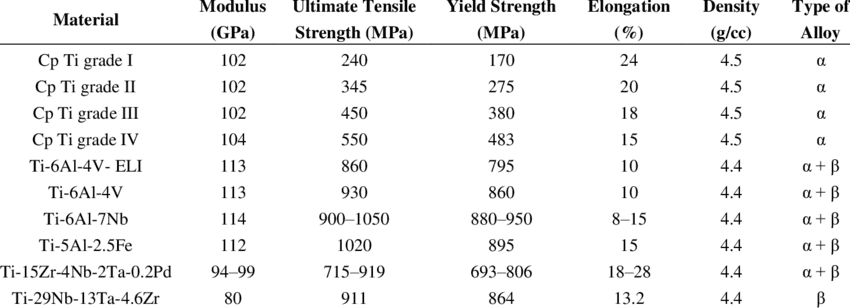
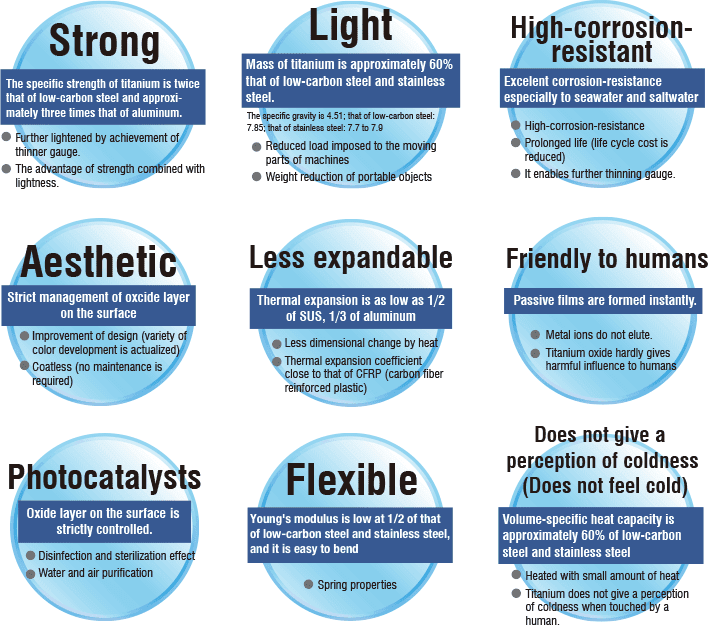
The use of medical grade titanium in the medical field offers numerous advantages. Firstly, its biocompatibility greatly reduces the risk of rejection or allergic reactions. This is crucial in surgical procedures where implants or devices need to integrate seamlessly with the patient’s body. By minimizing the risk of complications, medical grade titanium significantly improves patient outcomes and reduces the need for revision surgeries.
Moreover, the strength and durability of titanium make it an excellent choice for implants that need to withstand the demanding forces of the human body. For example, in orthopedics, titanium is commonly used for joint replacements, such as hip and knee implants. The high strength of titanium ensures that these implants can endure the stresses and strains of daily activities, providing patients with long-lasting functionality and improved quality of life.
Additionally, the lightweight nature of medical grade titanium offers significant advantages during surgical procedures. Its low density allows for easier handling and manipulation, reducing the strain on surgeons and improving the precision of implant placement. Furthermore, the lightweight nature of titanium implants also enhances the comfort of patients, as they experience less strain and discomfort compared to heavier alternatives.
Orthopedic surgery has greatly benefited from the remarkable properties of medical grade titanium. Titanium implants are commonly used in joint replacements, such as hip and knee replacements, due to their strength, durability, and biocompatibility. These implants provide a long-lasting solution for patients with severe joint degeneration or trauma.
In addition to joint replacements, titanium is also used in spinal fusion devices. These devices are used to stabilize and fuse vertebrae in patients suffering from conditions such as degenerative disc disease or spinal fractures. The biocompatibility and strength of titanium allow for successful fusion and long-term stability, improving the patient’s spinal function and reducing pain.
Another application of titanium in orthopedics is in the field of trauma surgery. Titanium plates and screws are commonly used to fix fractures and restore the structural integrity of bones. The strength and corrosion resistance of titanium ensure that these implants remain in place and provide stable fixation during the healing process.
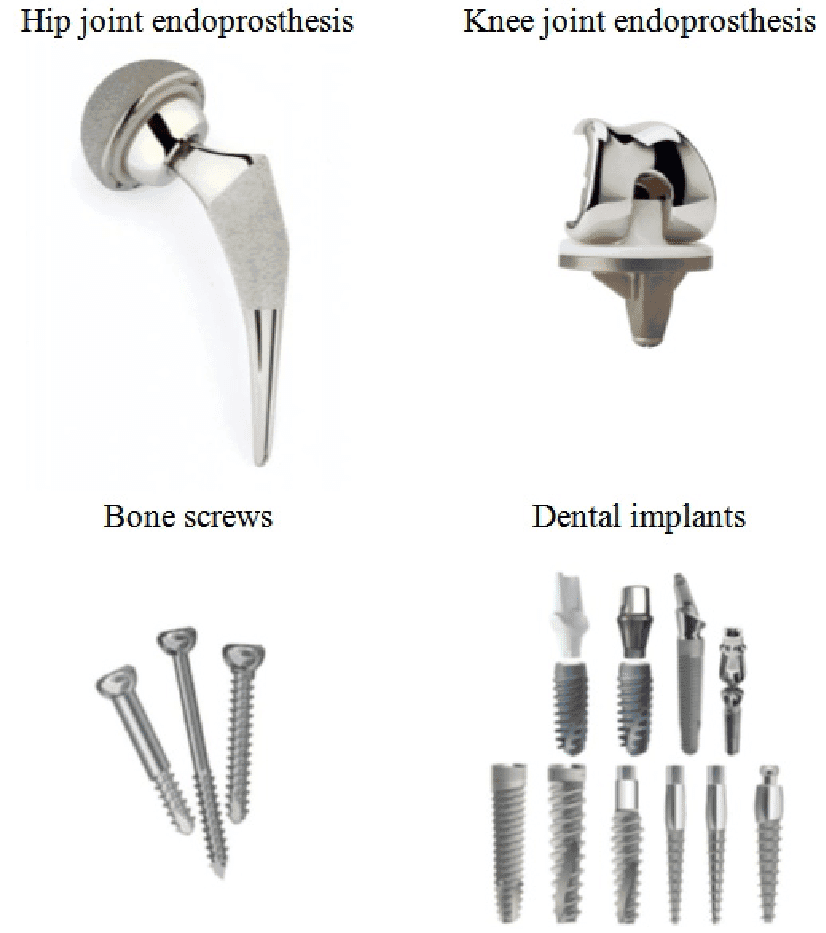
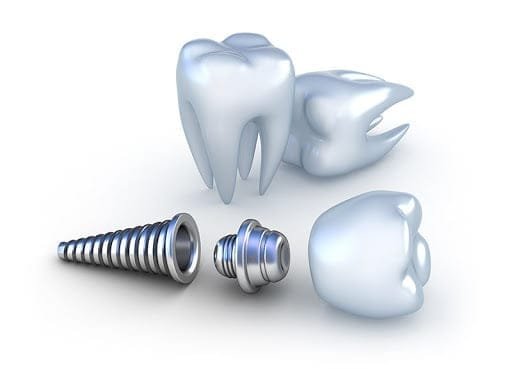
Dental implants have become a popular and effective solution for replacing missing teeth. Medical grade titanium plays a crucial role in the success of dental implant procedures. Titanium implants are surgically placed into the jawbone, where they fuse with the bone through a process called osseointegration. This integration provides a stable foundation for artificial teeth, allowing patients to regain their ability to bite and chew comfortably.
The biocompatibility of medical grade titanium is essential in dental implant procedures, as it reduces the risk of implant failure or complications. The ability of titanium to integrate with the surrounding bone ensures a strong and stable implant that can withstand the forces of chewing and speaking. Furthermore, the corrosion resistance of titanium ensures the longevity of dental implants, allowing patients to enjoy their new teeth for many years.
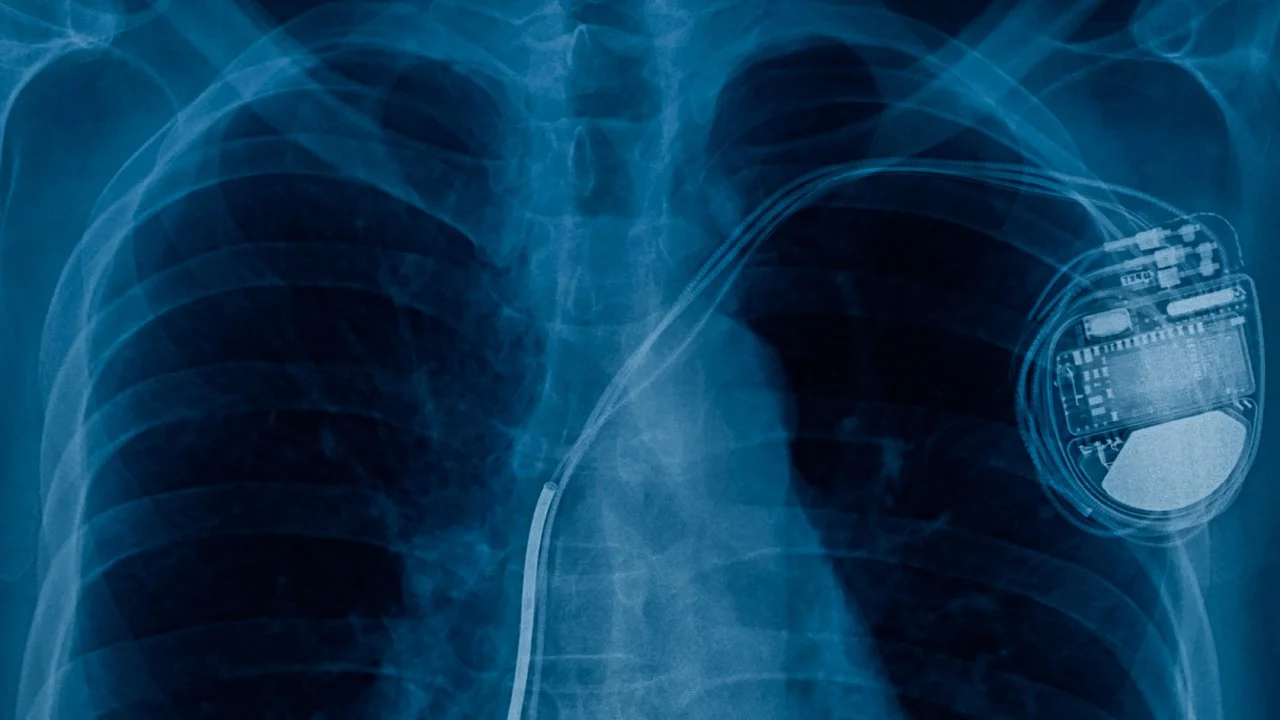
Medical grade titanium has found valuable applications in the field of cardiovascular devices.
Cardiovascular Implants:
Cardiovascular Instruments:
In addition to stents and pacemaker leads, titanium is also used in heart valve replacements. Titanium valves offer excellent durability and are resistant to wear and tear, providing patients with a reliable solution for damaged or diseased heart valves.
The exceptional biocompatibility, corrosion resistance, and mechanical strength of medical grade titanium alloys make them an ideal choice for a wide range of cardiovascular applications, improving patient outcomes and device longevity.
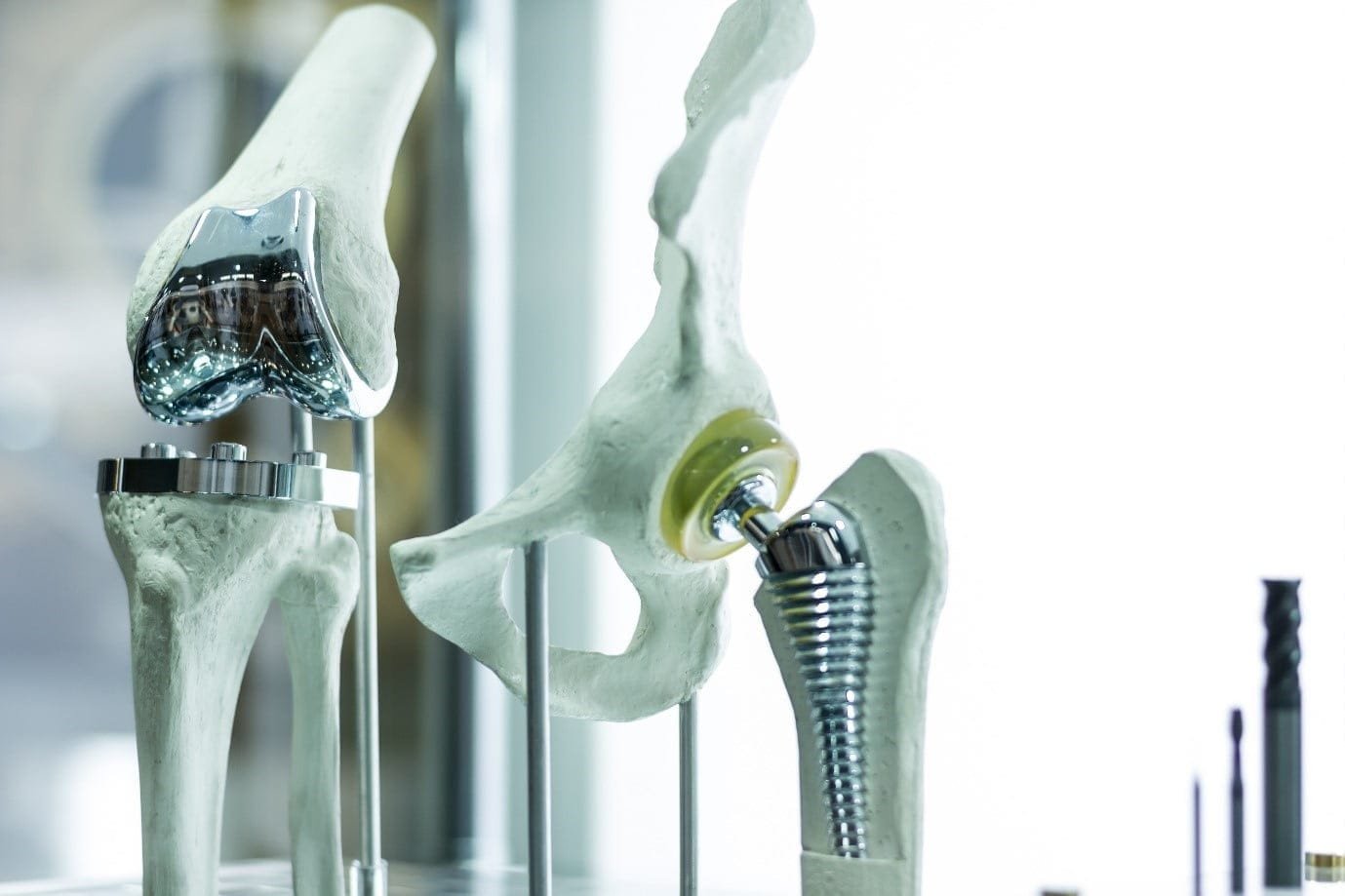
Medical grade titanium has played a significant role in the development of prosthetics and implants, improving the lives of individuals with limb loss or physical disabilities. Titanium is commonly used in the manufacturing of prosthetic limbs, such as artificial legs and arms. The lightweight nature of titanium allows for comfortable and natural movement, while its strength ensures the durability and longevity of the prosthetic.
Furthermore, titanium is also used in the production of craniofacial implants. These implants are used to reconstruct facial features in individuals who have suffered from trauma or congenital deformities. The biocompatibility and corrosion resistance of titanium make it an ideal material for these implants, as they need to seamlessly integrate with the surrounding bone and tissue.
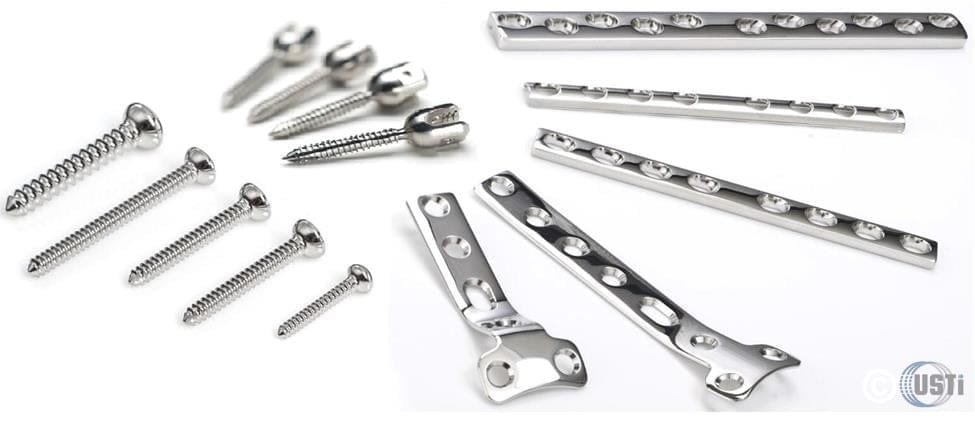
In addition to implants, medical grade titanium also offers exceptional performance in various medical devices. For example, surgical instruments made from titanium are highly sought after due to their strength, durability, and corrosion resistance. These instruments provide surgeons with reliable tools that can withstand the demanding conditions of surgical procedures.
Furthermore, titanium is used in the production of medical imaging devices, such as MRI and CT scanners. The non-magnetic properties of titanium make it suitable for these devices, as it does not interfere with the magnetic fields used in imaging. Additionally, the lightweight nature of titanium allows for easier transportation and maneuverability of these devices.
While medical grade titanium offers numerous advantages, it is important to compare it with other materials commonly used in the medical field.
Compared to Stainless Steel
Compared to Cobalt-Chromium Alloys
Compared to Polymers
Compared to Ceramics
Additionally, ceramics are sometimes used as an alternative to titanium in certain applications. While ceramics offer excellent biocompatibility and wear resistance, they are more prone to fracture compared to titanium. This makes titanium a more reliable choice for implants that need to withstand mechanical forces.
Medical grade titanium has revolutionized the field of healthcare with its remarkable applications and unmatched performance. Its biocompatibility, strength, durability, and corrosion resistance make it an ideal choice for a wide range of medical applications, from implants to medical devices.
As technology continues to advance, the future of medical grade titanium looks promising. Researchers are exploring ways to improve the surface properties of titanium to enhance osseointegration and reduce the risk of complications. Additionally, advancements in additive manufacturing techniques, such as 3D printing, are opening up new possibilities for the customization and production of titanium implants.
With its extraordinary capabilities and proven track record, medical grade titanium is set to continue its dominance in the healthcare industry, improving patient outcomes and driving advancements in medical technology. The secrets of this wonder metal are being unveiled day by day, offering a brighter future for healthcare professionals and patients alike.